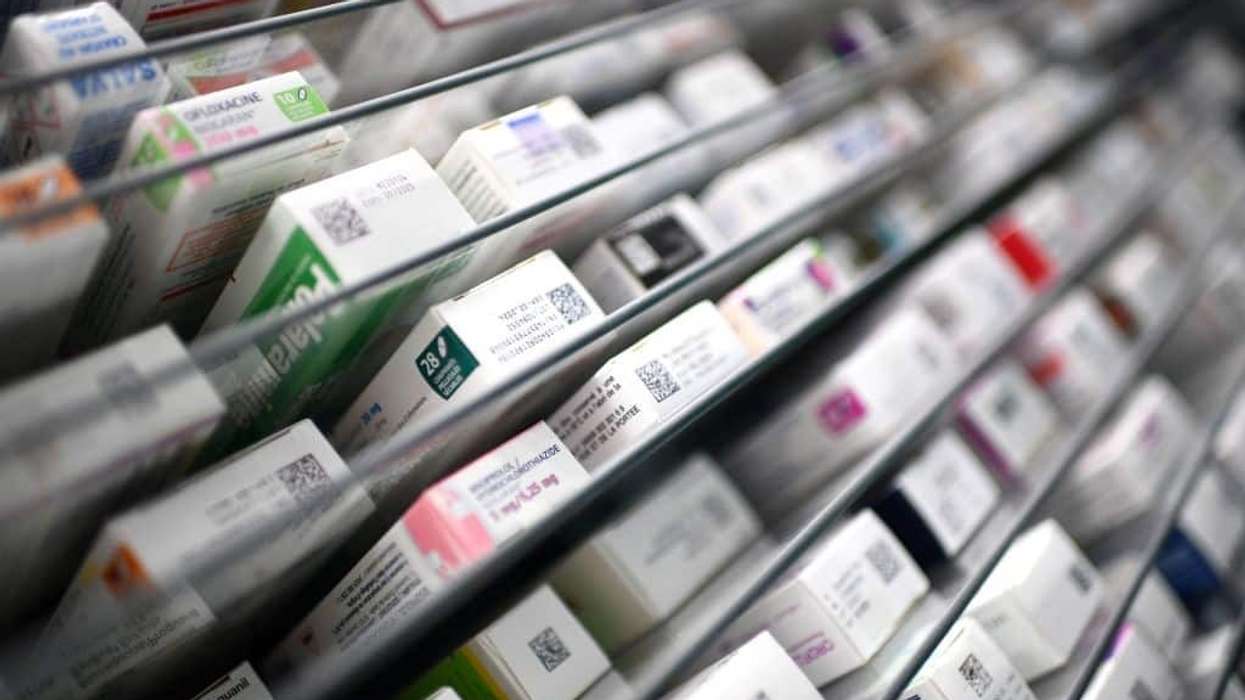The World Health Organization recommended Tuesday that people suffering from COVID-19-like symptoms should avoid self-medicating with ibuprofen, after French authorities warned anti-inflammatory drugs could worsen the effects of the virus.
The warnings over the weekend by French Health Minister Olivier Veran followed a recent study in The Lancet weekly medical journal that hypothesised that an enzyme that is boosted when taking anti-inflammatory drugs like ibuprofen could facilitate and worsen COVID-19 infections.
Asked about the study, WHO spokesman Christian Lindmeier told reporters in Geneva that the UN health agency's experts were "looking into this to give further guidance."
"In the meantime, we recommend using rather paracetamol, and do not use ibuprofen as a self-medication. That's important," he said.
He stressed though that if ibuprofen had been "prescribed by the healthcare professionals, then, of course, that's up to them."
His comments came after Veran sent a tweet cautioning that the use of ibuprofen and similar anti-inflammatory drugs could be "an aggravating factor" in COVID-19 infections.
"In the case of fever, take paracetamol," he wrote.
He stressed that patients already being treated with anti-inflammatory drugs, should "ask advice from your doctor."
Paracetamol must be taken strictly according to the dose, because too high a dosage can be very dangerous for the liver.
The COVID-19 pandemic, which has infected more than 180,000 people worldwide and killed more than 7,000, causes mild symptoms in most people, but can result in pneumonia and in some cases severe illness that can lead to multiple organ failure.
Even before the pandemic, French authorities last year sounded the alarm over serious "infectious complications" linked to the use of ibuprofen, which is sold under various brands like Nurofen and Advil, and other anti-inflammatory drugs.











